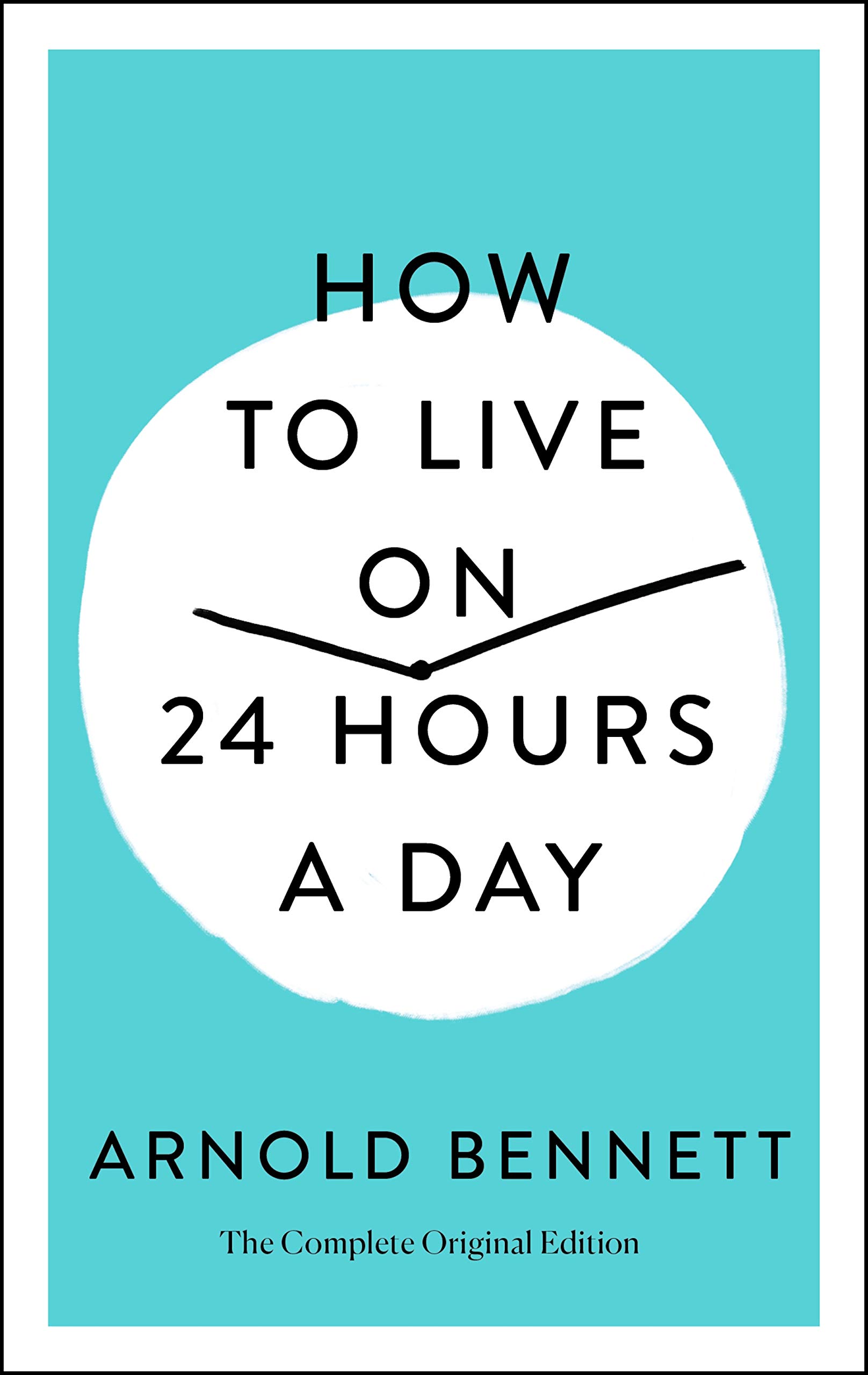Chapter XI — Serious Reading
byChapter XI encourages readers to consider the true value of what they read during their limited free time. While it is easy and often enjoyable to reach for a familiar novel, the author gently presses that such material rarely exercises the full strength of the intellect. Engaging the mind in serious reading—literature that demands effort, thought, and reflection—builds a kind of mental endurance that is essential for personal growth. This chapter isn’t meant to disparage fiction entirely, as even great works of fiction hold cultural and emotional merit. Instead, it highlights that genuine intellectual advancement typically requires grappling with more demanding texts. Reading that stretches comprehension and interpretation contributes far more to long-term self-development than passive reading done purely for entertainment.
Rather than suggesting dense philosophical tomes for beginners, the author recommends a more welcoming entry point: imaginative poetry. This form challenges readers to consider rhythm, imagery, and compressed language, requiring deeper engagement than narrative prose. The author recognizes that poetry often intimidates readers, but that this perception is usually rooted in unfamiliarity rather than inability. A practical suggestion is made to begin with William Hazlitt’s essay on poetry, which serves as both a primer and an inspiration. From there, one might explore narrative verse—especially E.B. Browning’s Aurora Leigh, which blends poetic structure with storytelling in a way that captivates and educates. Through poetry, the reader learns to process complexity, appreciate beauty, and nurture a keener awareness of language.
If poetry fails to inspire, the chapter provides alternative routes such as history and philosophy, both demanding in their own right. But a warning is given—these fields should not be rushed into without preparation. Just as one would not scale a mountain without training, tackling sophisticated arguments and historical narratives requires a foundation built through months of serious reading. Instead of randomly sampling works, the reader is advised to narrow their interest—perhaps by selecting one period in history, one philosopher’s work, or one theme to explore deeply. This focused method builds not only knowledge but confidence, transforming the reader into someone who enjoys specialization. Developing expertise in a niche, even as an amateur, adds dimension and satisfaction to everyday life.
The principle at the heart of this chapter is that improvement demands effort. A schedule that includes difficult reading may seem less immediately rewarding than time spent with entertaining novels, but the long-term gains are significant. Reading for growth cultivates attention, patience, and insight—qualities that transfer into all aspects of life. In a world that prizes instant gratification, this approach offers a quiet rebellion through sustained thought. Serious reading becomes not a burden but a joy as the mind rises to meet the challenge. As with physical fitness, intellectual health depends on regular, strenuous use.
Additional insight can be drawn from current cognitive science, which supports the chapter’s message. Studies have shown that engaging with unfamiliar and challenging texts improves brain plasticity and strengthens memory and reasoning abilities. Reading dense literature has been linked to increased empathy and emotional intelligence, as well as better problem-solving. These benefits are especially pronounced when readers take the time to reflect, annotate, and discuss what they’ve read. In this way, the practice of serious reading becomes both a personal and social tool—one that equips individuals to contribute more meaningfully to their communities.
Beyond cognitive benefits, another advantage of this type of reading lies in its ability to reconnect the reader with slower, more deliberate modes of thinking. In contrast to the hurried skimming that digital environments encourage, difficult literature demands full attention. When a person invests in such deep work, they often rediscover the pleasure of solitude and the satisfaction of focus. This deep, uninterrupted reading time offers not just intellectual growth but also mental stillness—an increasingly rare state in modern life. Through this discipline, the reader not only becomes smarter, but also more centered, more human.
In sum, this chapter serves as a practical and philosophical invitation to take reading seriously—not as an obligation, but as a path to becoming one’s best self. With a little discomfort, much discovery is possible. By intentionally choosing texts that stretch the mind, the reader opens doors to knowledge, wisdom, and a richer experience of life itself.

